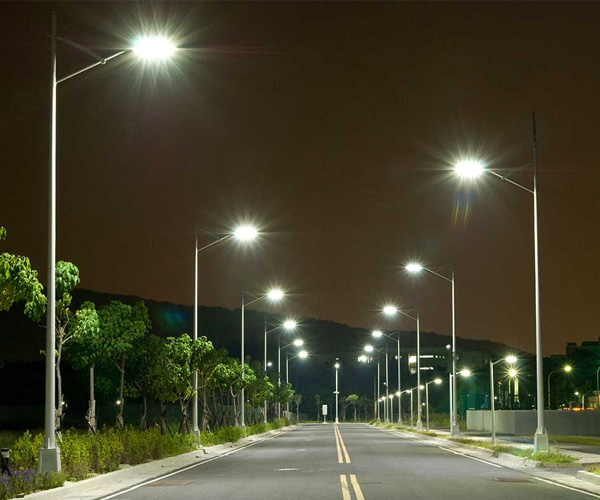
The Global Infrastructure Facility (GIF) reports that PPPs offer municipalities in Brazil an alternative procurement option to support implementation of street lighting programs. For this approach to be successful, both in terms of numbers of municipalities served and market interest, a systematic model is required that can scale up an initial pipeline of projects to launch a sector wide round of investment.
As part of a national drive to improve the efficiency of Brazil’s energy sector, municipalities plan to modernise their public street lighting services using energy efficient LED bulb technology. The GIF is supporting the World Bank FinBRAZEEC initiative to engage the private sector to expand, install and maintain such street lighting infrastructure through public-private partnerships.
EXPECTED PROJECT OUTCOMES
- Development of an energy efficiency model for municipalities in the initial 3-7 pilot cities that can be scaled up and replicated across the country, ultimately reaching up to 60 percent of the national population.
- Modernisation of municipal street lighting in Brazil, bringing improved security, reduced service interruption, and availability of public spaces for use at night.
- Greater savings to government through better use of fiscal resources, which could potentially lead to tax reductions to citizens or increases in spending in other areas, and
- Supporting Brazil’s ability to comply with the target set under the Paris Agreement of achieving a 10 percent energy efficiency gain in the electricity sector by 2030.
Background
Brazil has more than 18.5 million points of light, with a service penetration of approximately 95 percent of residential areas. The installed public lighting footprint is comprised predominantly of high-pressure sodium mercury vapor lamps. LEDs technology penetration is quite modest, although many cities have pilot projects in the pipeline to implement this technology.
A 2017 World Bank analysis of energy efficiency opportunities in Brazilian cities identified LED-based street lighting modernisation as a promising option for attracting private sector investment into municipal level infrastructure.
On the back of support to street lighting public-private partnership (PPP) projects in Rio de Janeiro (approaching transaction) and Belo Horizonte (in implementation), the World Bank is looking to apply the principles learned to de-risk projects for private sponsors and commercial lenders.
At the request of the Brazilian government, the World Bank is supporting the Financing Brazilian Energy Efficient Cities Project as part of a new facility that will attract private sector financing for the municipal street lighting sector through standardised PPP contracts. This is part of a broader government effort to attract $6.5 billion in private investments to develop its energy sector, including energy efficiency. In this context, the World Bank is working with the GIF to support the entire development cycle of the public street lighting infrastructure projects in Brazil including both project preparation and structuring of aggregated financing facilities.
Project Features
- Identification and selection of a set of short-listed cities
- Support for program-level pre-feasibility technical, economic, financial, social, and environmental studies to enable the selected municipalities to make in- formed decisions about PPPs
- Structuring of the guarantee mechanism required to attract private-sector financing
- Legal, regulatory, and institutional assessments to foster wider and long-term participation of the private sector in Brazilian street lighting programs
Note: 1.Refer:https://www.globalinfrafacility.org/sites/gif/files/GIFBriefs_PDA_April2018_Brazil%20Streetlight.pdf
2. The Global Infrastructure Facility is a partnership of governments, multilateral development banks and private sector financiers that facilitates private-sector investment in complex infrastructure projects in emerging economies. We serve as a platform through which governments collaborate with international financial institutions and private sector investors to design, structure and implement these complex projects.
The comprehensive project-preparation support provided by the GIF draws on the expertise of its advisory partners which includes commercial banks and institutional investors. The broad partnership ensures that well-structured and bankable infrastructure projects are brought to market in a way that meets the needs of governments and service users in a sustainable way.

